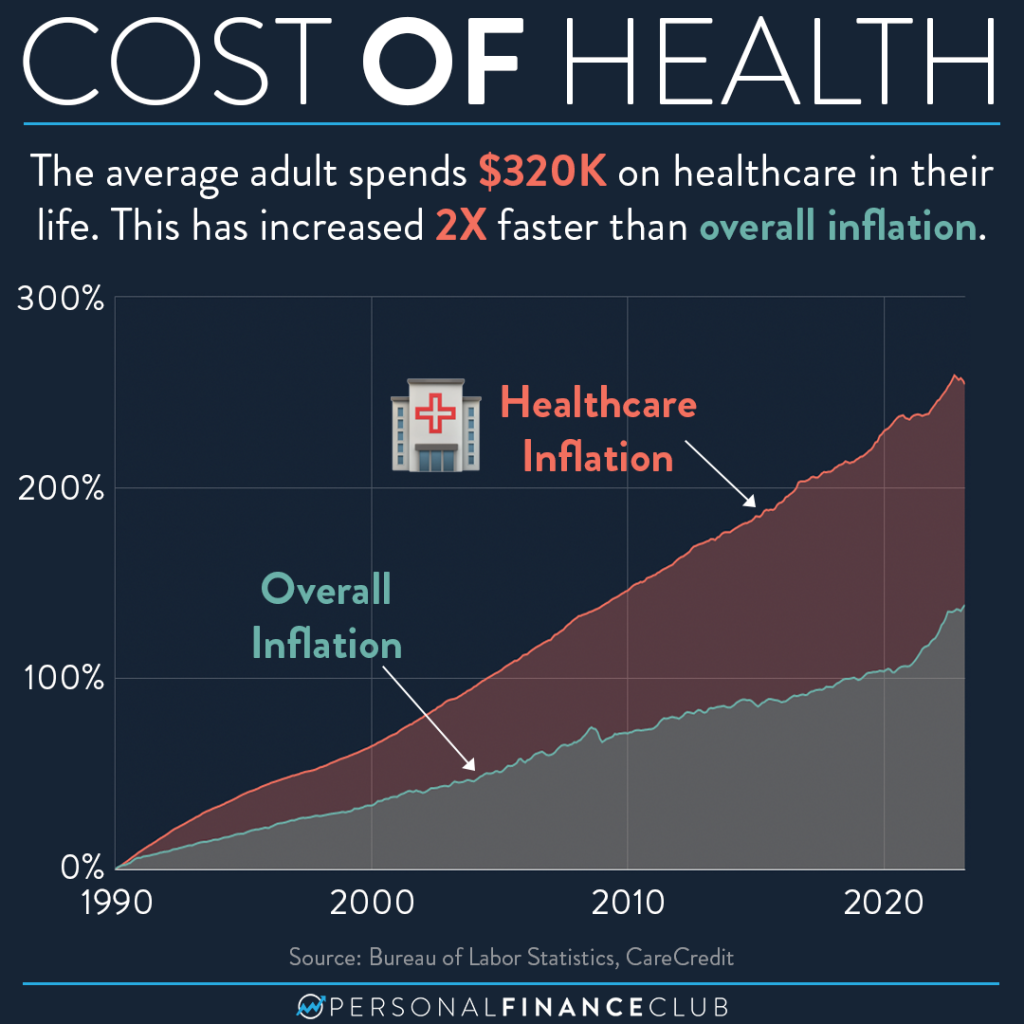Leading Healthcare RCM Strategies for Better Financial Performance
Leading Healthcare RCM Strategies for Better Financial Performance
Blog Article
Unveiling the Perks of Medical Care RCM in Improving Performance and Precision in Profits Cycle Monitoring
In the quickly evolving health care landscape, the value of Profits Cycle Administration (RCM) can not be overemphasized (Healthcare RCM). As doctor pursue accuracy and effectiveness, RCM becomes an essential device in improving procedures, minimizing mistakes, and improving financial end results. By integrating with Electronic Health Records and leveraging innovative technologies, RCM not just optimizes administrative tasks yet also enriches the cases refining experience. This transformation holds the possible to redefine monetary performance and patient trust. Yet, what are the particular systems driving these enhancements, and how can they be harnessed to their full capacity?
Improving Administrative Tasks

Furthermore, the combination of electronic health records (EHR) with RCM systems facilitates real-time data access and sharing, enabling medical care specialists to make enlightened choices quickly. This interconnectedness not only improves interaction in between scientific and management groups yet likewise improves patient complete satisfaction by reducing waiting times and payment disparities - Healthcare RCM. Additionally, streamlined administrative procedures enable better conformity with regulative standards, mitigating risks linked with audits and charges
Ultimately, the concentrate on refining administrative tasks in RCM causes cost financial savings and boosted monetary efficiency. By buying automation and optimizing operations, health care companies can accomplish a more lasting income cycle, ensuring long-lasting practicality and the capability to adapt to advancing industry needs.
Enhancing Insurance Claims Handling
Just how can healthcare organizations enhance the performance of their claims processing? By taking advantage of automation and innovative analytics, RCM systems streamline the complex and commonly difficult claims processing tasks.
Furthermore, real-time analytics play an essential duty in boosting claims processing efficiency. These analytics tools offer insights into bottlenecks and prospective denials, enabling health care companies to deal with problems proactively. Predictive analytics can forecast patterns in insurance claim denials, enabling preemptive steps to reduce them, therefore lowering the time considered insurance claims to be refined and approved.
Additionally, the adoption of electronic health and wellness documents (EHR) incorporated with RCM systems ensures smooth data circulation, reducing redundancies and increasing the precision of information sent in claims. A constant responses loop facilitated by RCM systems further improves the process, cultivating continuous renovation.
Eventually, by leveraging technology-driven solutions in claims refining, healthcare organizations can enhance operational performance, boost money circulation, and give a smoother experience for people and team alike.
Minimizing Monetary Errors
Exact financial administration is important in healthcare, where lowering economic mistakes can significantly affect operational success. Financial errors, whether as a result of wrong billing, coding errors, or mismanagement of individual accounts, can bring about significant profits loss and stretched partnerships with payers and clients. Addressing these mistakes is imperative to preserve a medical care organization's monetary wellness and boost its track record.
Healthcare Revenue Cycle Management (RCM) plays a critical role in reducing such errors via structured processes. By carrying out standardized procedures for payment, coding, and collections, doctor can make sure that monetary purchases are taken care of with precision. Comprehensive training for staff on current coding laws and payment techniques likewise decreases the probability of errors, ensuring claims are appropriately refined and compensated.

In addition, comprehensive audits and regular financial reviews within the RCM framework enable for the early discovery and improvement of discrepancies. Making sure accuracy in person data entry and confirmation better minimizes errors, as this is often a key source of mistakes. By concentrating on these tactical areas, medical care organizations can lower monetary errors, thus protecting their profits streams and improving overall functional efficiency.
Leveraging Advanced Technologies
In today's rapidly evolving healthcare landscape, leveraging sophisticated innovations is essential for enhancing Revenue Cycle Administration (RCM) procedures. By incorporating advanced services such as artificial knowledge (AI), artificial intelligence (ML), and robot procedure automation (RPA), medical care suppliers can significantly boost the efficiency and precision of their RCM operations. These modern technologies assist in enhancing repeated tasks, decreasing manual errors, and making it possible for much faster handling of insurance claims.

Furthermore, the assimilation of blockchain innovation enhances information safety and transparency within RCM the original source (Healthcare RCM). It guarantees that sensitive info is secured while keeping an immutable document of purchases. This is critical for developing depend on with individuals and stakeholders
Boosting Financial Performance
Building on the efficiencies gotten through advanced technologies, medical care service providers can substantially improve their monetary performance by improving their Revenue Cycle Monitoring (RCM) approaches. By optimizing invoicing processes, reducing case denials, and enhancing capital, healthcare organizations can accomplish better economic security. Implementing robust RCM solutions permits suppliers to improve management tasks, lowering the time and sources invested in hands-on information entry and insurance claim processing. This effectiveness brings about faster declare submissions and compensations, making best use of income collection.
Furthermore, information analytics within RCM systems use useful understandings into operational traffic jams and financial trends. By leveraging these understandings, medical care service providers can make enlightened decisions to improve monetary end results, such as readjusting invoicing methods or renegotiating payer agreements. Improved accuracy in coding and documentation additionally decreases claim rejections and audits, cultivating a smooth earnings cycle.
Furthermore, patient involvement devices integrated within RCM platforms boost client complete satisfaction by providing transparent billing info and flexible repayment options. This transparency not just improves patient-provider relationships yet likewise urges prompt settlements, lowering impressive receivables.
Conclusion
Health Care Earnings Cycle Administration significantly optimizes performance and accuracy by streamlining management tasks and enhancing cases processing. Via the decrease of financial mistakes and the integration of innovative innovations such as AI and predictive analytics, RCM promotes compliance with payment codes and offers valuable understandings into monetary trends. This methodical approach not just minimizes possible claim rejections but likewise boosts look at more info monetary efficiency, thus Homepage cultivating count on and openness with patients and stakeholders within the health care system.
As medical care companies strive for precision and performance, RCM emerges as a critical device in streamlining operations, decreasing errors, and boosting monetary end results.Improving management jobs in healthcare income cycle monitoring (RCM) offers significant advantages by boosting functional efficiency and decreasing the burden on staff.Health Care Earnings Cycle Management (RCM) plays an essential duty in minimizing such errors with structured procedures.In today's swiftly evolving health care landscape, leveraging sophisticated modern technologies is important for enhancing Profits Cycle Monitoring (RCM) procedures.Structure on the efficiencies gotten with innovative modern technologies, healthcare companies can significantly improve their monetary efficiency by fine-tuning their Profits Cycle Administration (RCM) methods.
Report this page